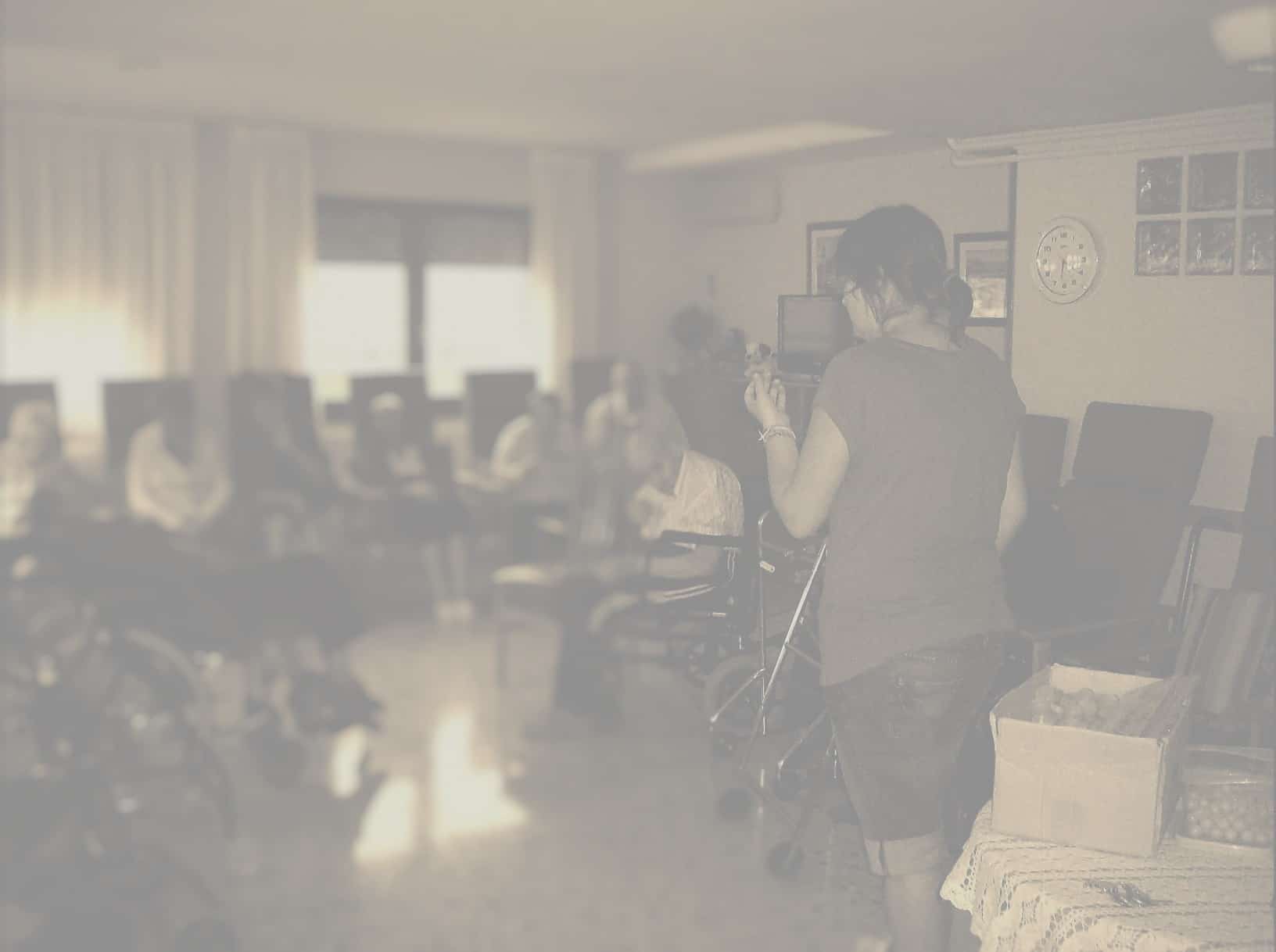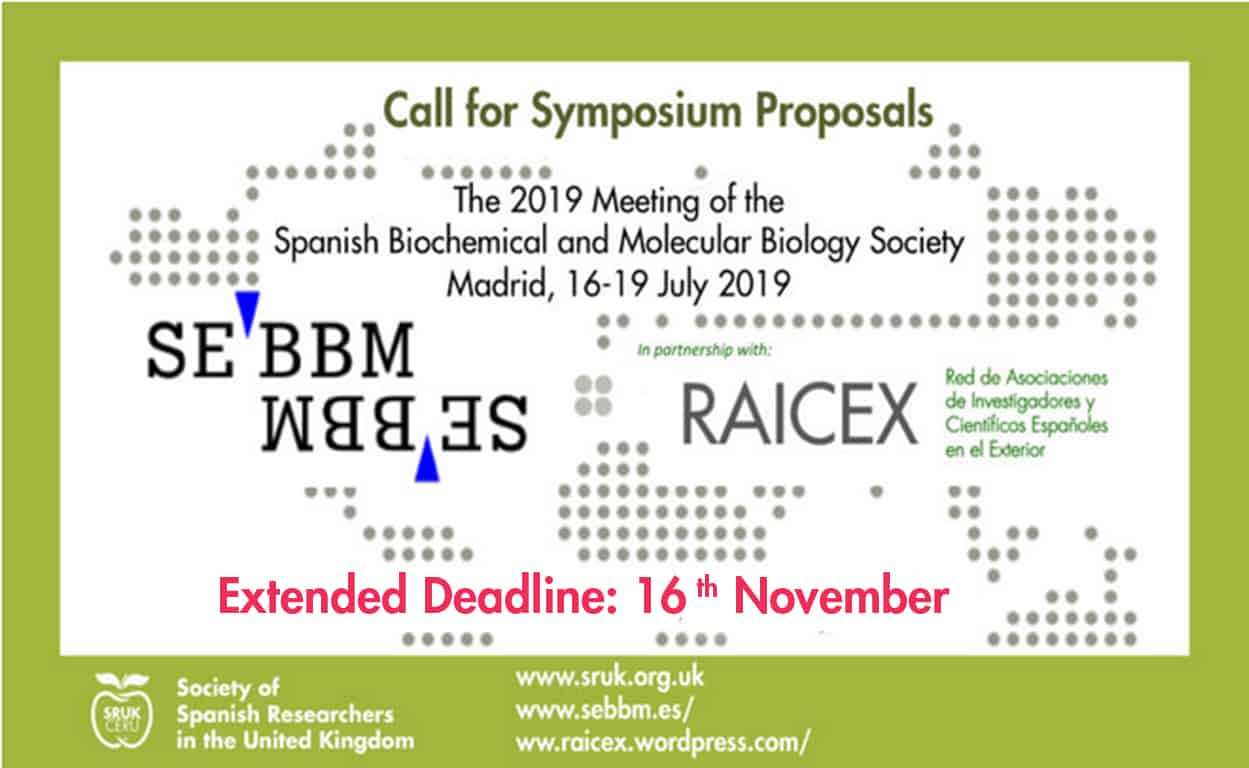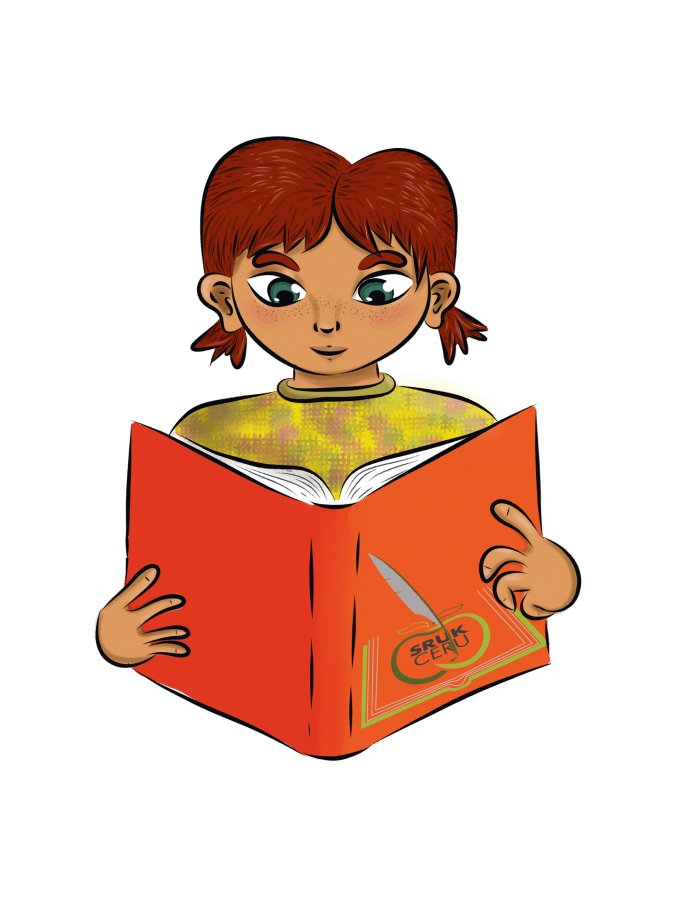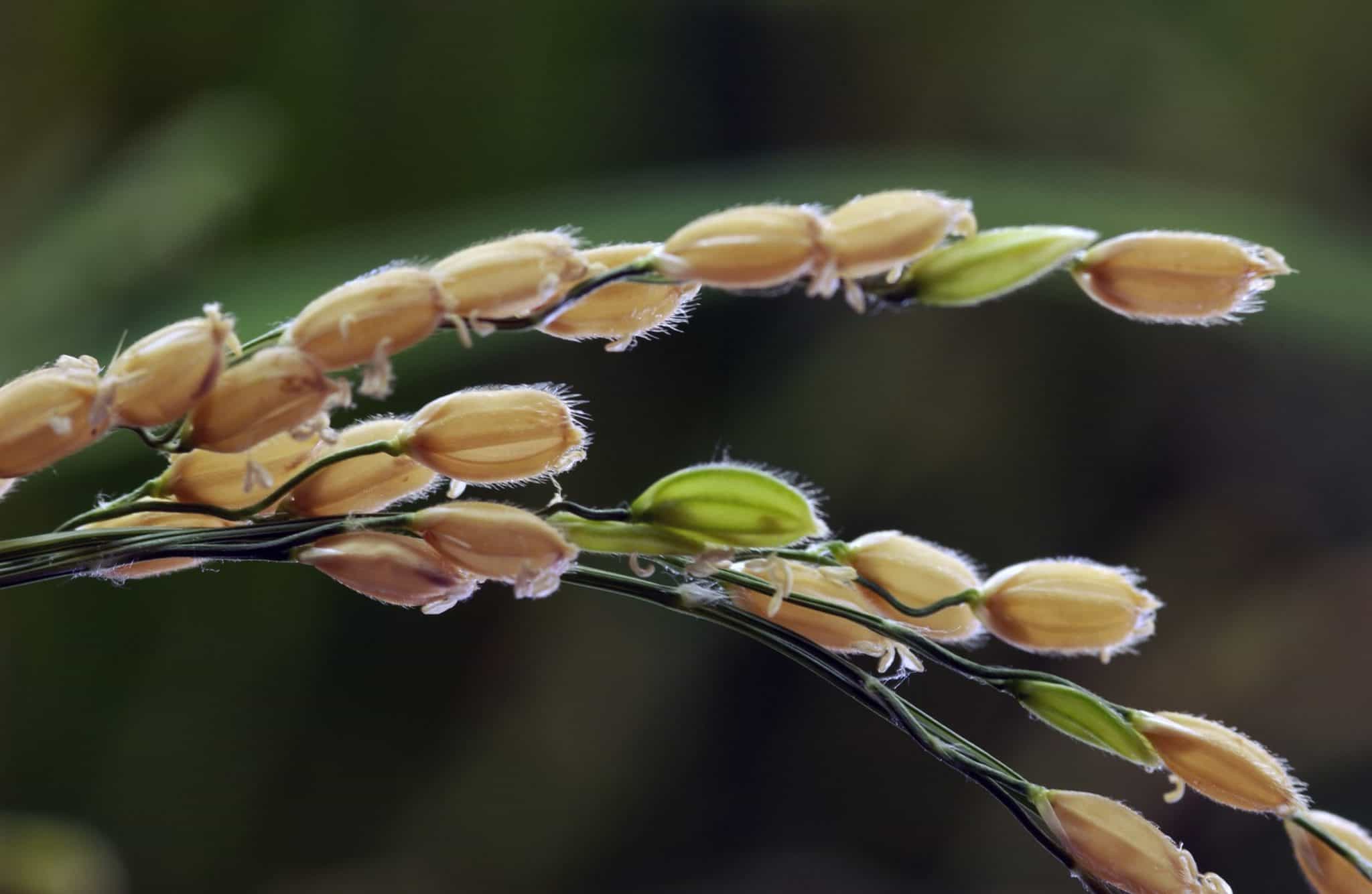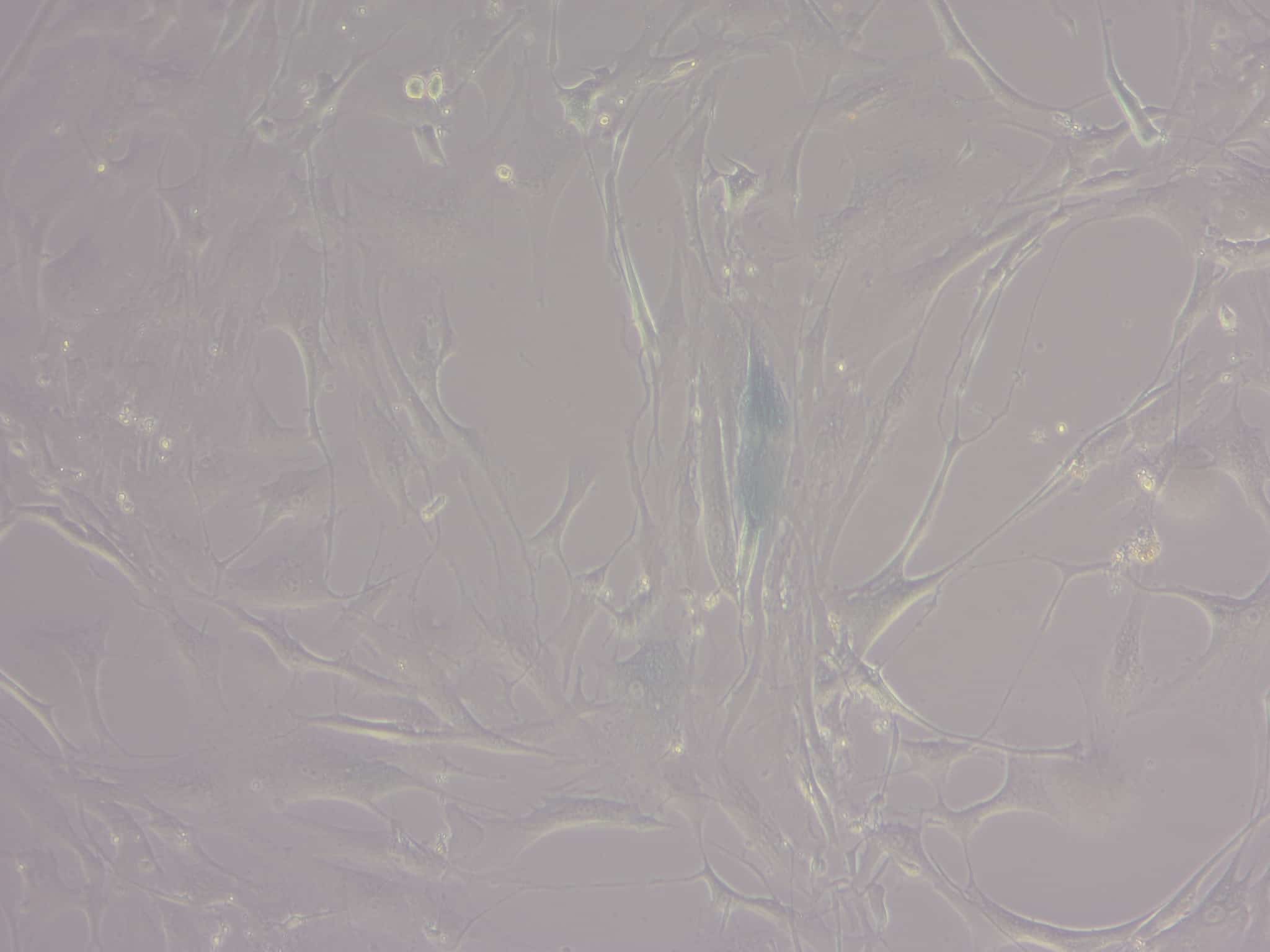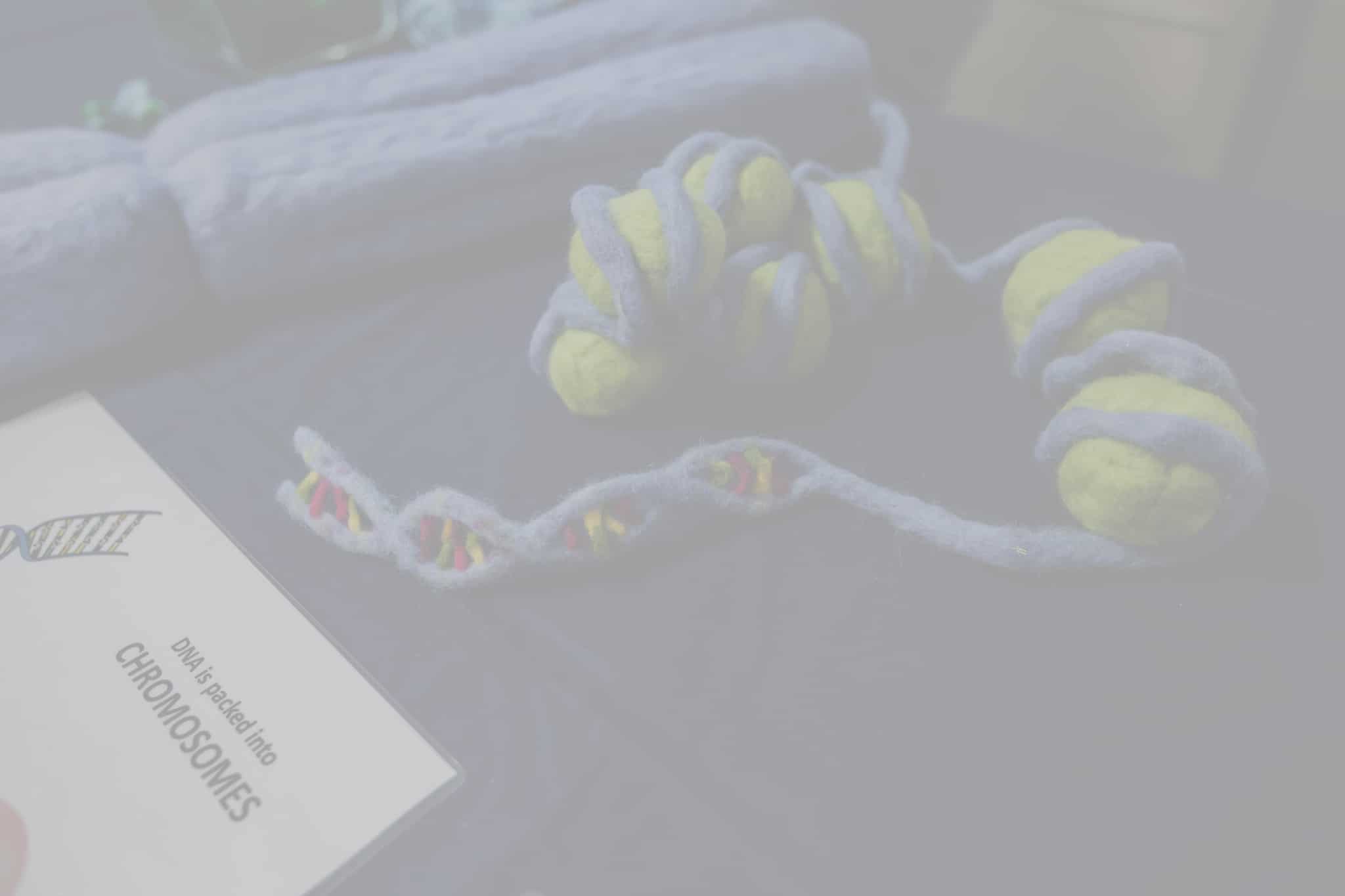Disrupting genetic processes reverses ageing in human cells
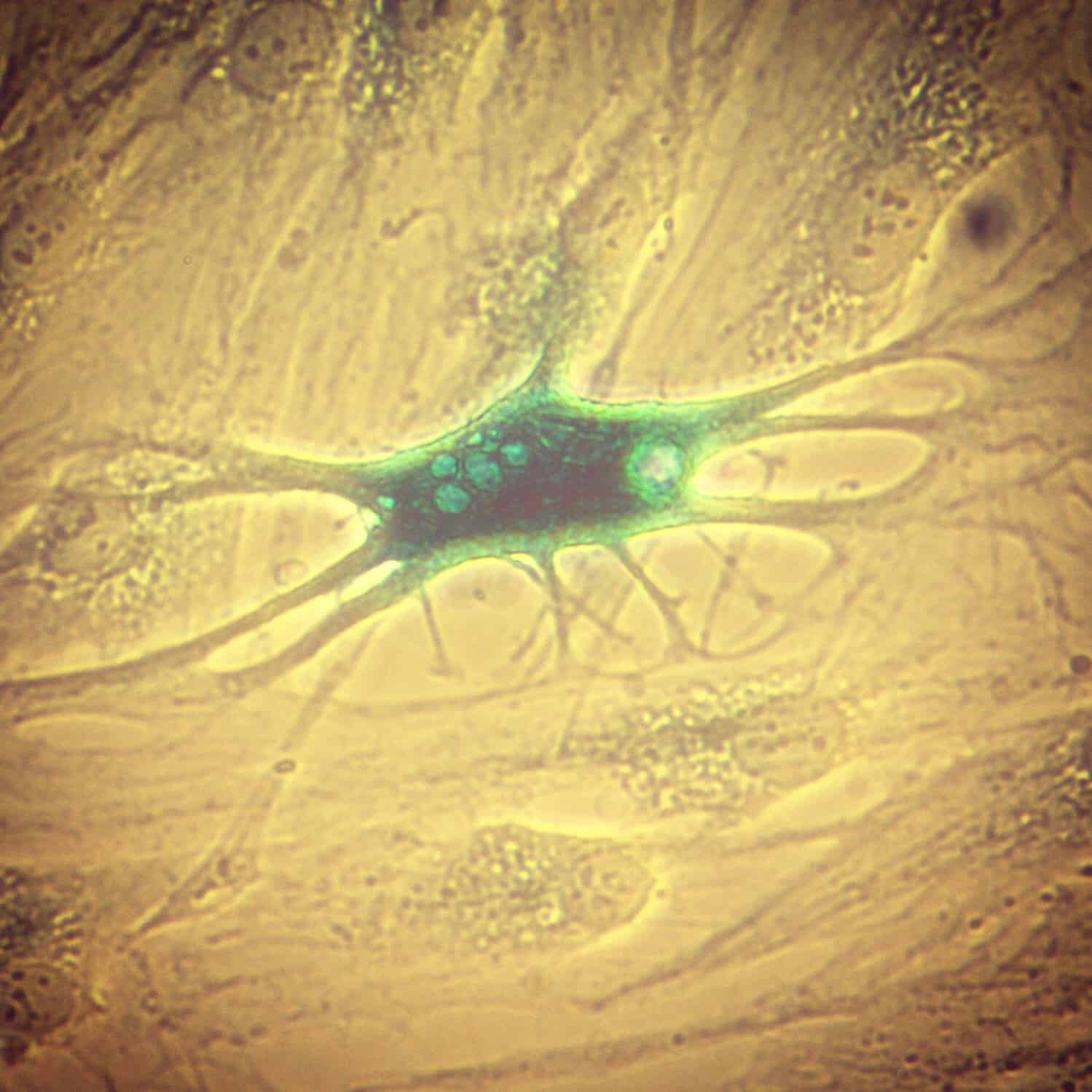
Research has shed new light on genetic processes that may one day lead to the development of therapies that can slow, or even reverse, how our cells age. A study led by the University of Exeter Medical School has found that certain genes and pathways that regulate splicing factors – a group of proteins in … Disrupting genetic processes reverses ageing in human cells

